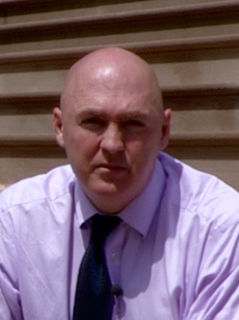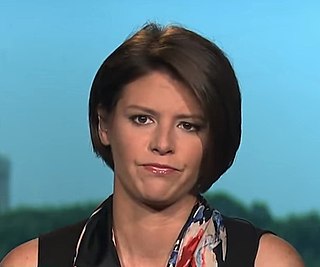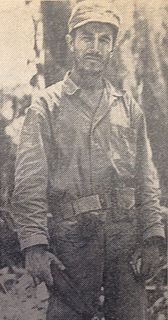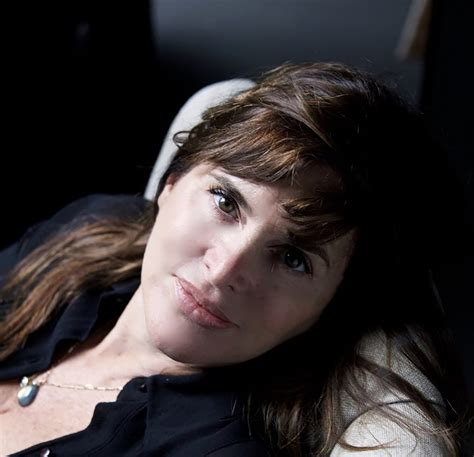A Quote by Samantha Power
Initially, I tried to become an aid worker and someone who could help people, but I was unsuccessful in convincing anyone that I could be of any use. So I went and became a war correspondent without any experience in war or in being a correspondent. So that was daring.
Related Quotes
I don't like the definition 'war correspondent'. It is history, not journalism, that has condemned the Middle East to war. I think 'war correspondent' smells a bit, reeks of false romanticism: it has too much of the whiff of Victorian reporters who would view battles from hilltops in the company of ladies, immune to suffering, only occasionally glancing towards the distant pop-pop of cannon fire.
My father was a little frightening - a huge man, six foot four - and he looked like God. He was always a visitor, as far as I was concerned, because my parents separated when I was nine. We only became friends when he was old and began to shrink. During the war, he was a BBC war correspondent and did some extraordinary broadcasts.
I figured if I could put together being funny about stuff and actual events, maybe I could do something that wasn't being done much. Because the reporters that I met out there were funny, and they had hilarious stories that just didn't fit in the AP/UPI/New York Times foreign-correspondent style. They couldn't use the things they had. But I could.
There's very little you could do to prepare to be a correspondent on 'The Daily Show,' because it's not being a journalist, it's not being an actor. It involves elements of both of those things, but they're not required necessarily as job experience. It's helpful if you know how to improvise, but again, not a requirement.
There's very little you could do to prepare to be a correspondent on The Daily Show, because it's not being a journalist, it's not being an actor. It involves elements of both of those things, but they're not required necessarily as job experience. It's helpful if you know how to improvise, but again, not a requirement.

































